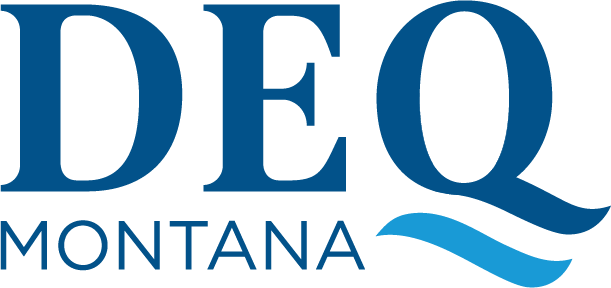DEQ Seeks Comment on Proposed Rule Package to Implement Senate Bill 358
HELENA—The Montana Department of Environmental Quality (DEQ) is accepting public comment on a draft rule package implementing narrative nutrient water quality standards and creating a new adaptive management option for point source dischargers. The standards were developed in consultation with a diverse group of stakeholders using 20 years of Montana-specific science and are designed to protect rivers and streams for uses such as supporting aquatic life and recreation.
The rules were drafted in consultation with a diverse stakeholder work group over a multi-year process that included more than 40 meetings and additional conversations with regulated dischargers, environmental organizations, and other interest groups to understand how the rule package would affect Montana’s water resources and its regulated community.
“DEQ worked closely with the Nutrient Work Group on this rule package, and we appreciate their commitment and feedback over the past three years, “said DEQ Director Chris Dorrington. “The work group provided important perspectives throughout the process. We listened and developed a rule package that is clear and within our regulatory authority. But the listening isn’t over—we are looking forward to hearing feedback on the draft rules during the public comment process.”
DEQ led the rulemaking process after Senate Bill 358 passed in the 2021 legislative session. The bill required implementing narrative nutrient standards with an adaptive management program option.
“Montana’s waters are a precious resource and integral to our way of life. It’s our role to protect our rivers and streams by setting water quality standards. We heard from the work group that costly treatment upgrades at point source discharges may not always be the only or best way to improve the health of a water body,” said DEQ Water Quality Division Administrator Lindsey Krywaruchka. “The proposed rules take into account the various sources of pollution throughout a watershed and allow for a creative, science-driven approach to help improve water quality. The adaptive management program provides the opportunity to address nonpoint source pollution through partnerships with point source dischargers.”
Nonpoint source pollution is a leading cause of pollution in Montana’s waterways. This type of pollution comes from mostly unregulated sources such as sediment or nutrients from eroding banks due to agricultural practices, runoff from roadways, abandoned mine sites, or our own daily activities. The newly proposed adaptive management program encourages incremental watershed projects to help address water quality.
DEQ sets water quality standards and regulates discharges into surface waters. This new approach for nutrient management provides flexible options for dischargers to meet the protective standards. Options include implementing nonpoint source watershed projects through the adaptive management program, making facility upgrades, or applying for a variance to make incremental steps towards meeting effluent limits. Some dischargers may already be achieving requirements through their current efforts and may not need to explore additional compliance options.
“The proposed approach includes increased monitoring which will help DEQ and the discharger dial in the needs for that watershed. Our dedicated staff is available to help guide dischargers through the process of identifying the pathway that suits them best,” said Krywaruchka. “Flexibility is key to the permitting process as our wastewater treatment infrastructure varies across the state and every watershed is different. We’ve created a program that allows for a variety of approaches to meet permit limits and enables communities to take the approach that works best for their needs.”
Water quality standards are required to meet state and federal law. The standards must be approved by the Environmental Protection Agency in order to be implemented in the state.
A public hearing will be held at 10 a.m. on June 10, 2024, to hear public comment on the draft rule. The hybrid hearing will be held at DEQ’s Metcalf building, online or by telephone.
DEQ is accepting public comment through June 10, 2024. Comments can be submitted via mail or email. To submit comment, view the draft rule or for more information on the public hearing, visit: Water Quality | Narrative Nutrient Standards Rulemaking | Comment Period Ends June 10, 2024 | Public Hearing June 10, 2024 | Montana DEQ (mt.gov)
Tags: Water and Press Release
